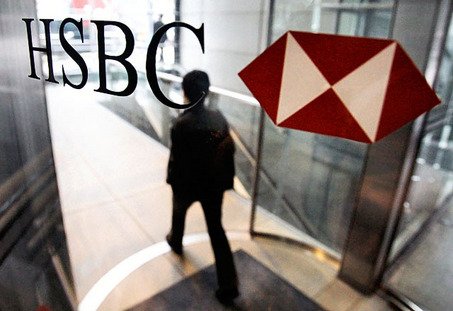
A US Senate probe has disclosed how lax controls at HSBC, Europe’s largest bank, left it vulnerable to being used to launder dirty money from around the world.
The report into HSBC, released ahead of a Senate hearing on Tuesday, says huge sums of Mexican drug money almost certainly passed through the bank.
Suspicious funds from Syria, the Cayman Islands, Iran and Saudi Arabia also passed through the British bank.
HSBC said it expected to be held accountable for what went wrong.
The damning report comes at a difficult time for the British banking sector, which is having its standards and practices scrutinized by regulators and policymakers.
Critics say the current furor over the manipulation of the Libor inter-bank interest rate is the latest example of a banking system in need of fundamental reform.

The report also concludes that the US bank regulator, the Office of the Comptroller of the Currency, failed to properly monitor HSBC.
The report into HSBC was issued by the Senate Permanent Subcommittee on Investigations, a Congressional watchdog that looks at financial improprieties.
The year-long inquiry, which included a review of 1.4 million documents and interviews with 75 HSBC officials and bank regulators, will be the focus of a hearing on Tuesday at which HSBC executives are scheduled to testify.
These will include HSBC’s chief legal officer Stuart Levey, who joined the bank in January and was previously one of the top officials on terrorism and finance at the US Treasury Department.
In a memo released ahead of the hearing, HSBC chief executive Stuart Gulliver said: “It is right that we will be held accountable and that we take responsibility for fixing what went wrong.”
“As well as answering the subcommittee’s questions, we will explain the significant changes we have already made to strengthen our compliance and risk management infrastructure and culture,” he said.
A separate HSBC statement said its executives will offer a formal apology at the hearing.
“We will apologize, acknowledge these mistakes, answer for our actions and give our absolute commitment to fixing what went wrong,” the bank said.
Senator Carl Levin, chairman of the sub-committee, spoke of a “polluted” system that allowed black-market funds to move through the US banking system.
In 2010, Wachovia agreed to pay $160 million as part of a Justice Department probe that examined Mexican transactions.
Last month, ING agreed to pay $619 million to settle US government allegations that it violated US sanctions against Cuba and Iran.